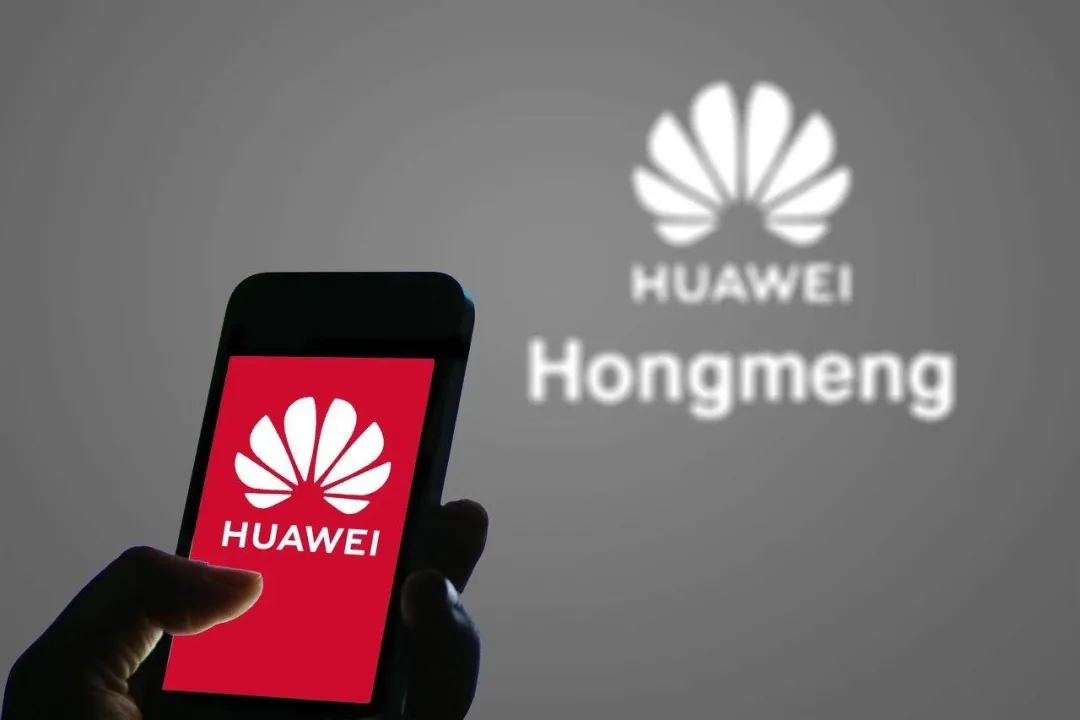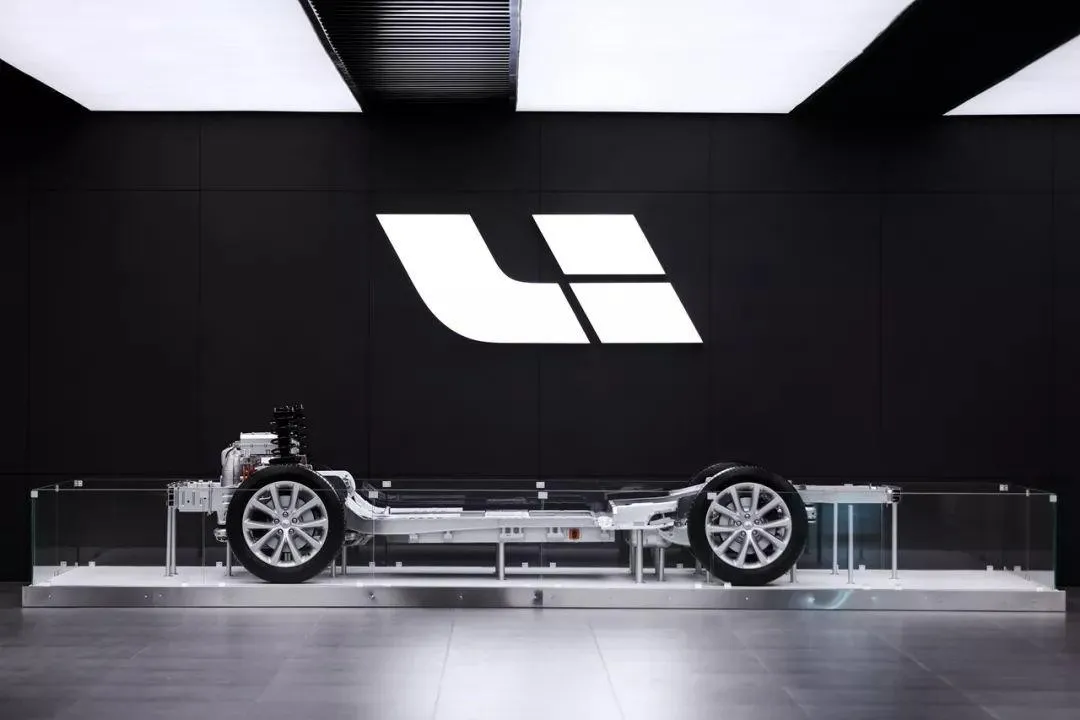“Traveler One Hundred” media under Tuhu Group focusing on the evolutionary development of the automobile travel industry
By ROoomy
May always surprises us with something unexpected. There are quite a few things that are difficult to prepare for. “Tesla, love” replaced “Tesla,” and Ideal fell out of the top three in sales. Musk is busy making a dramatic split with the cryptocurrency circle in the form of “youthful pain literature,” and Tesla faced a drastic reduction in orders in China.
From the announcement of the car-making initiative to releasing the first model of an electric vehicle priced above 200,000 yuan, Baidu and Geely joined forces to create a car and made remarkable progress in just 90 days.
Ha Yiping, CEO of Jiudu Auto, who has been busy interviewing for 12 hours a day, expressed gratitude for Tesla’s efforts to popularize electrification in recent years. He also stated that the competition focus for the future of electric vehicles is intelligence, and the competition focus for intelligence is an end-to-end technology ecosystem.
Baidu’s car-making initiative has encountered a major challenger in the form of Huawei, which claims not to manufacture vehicles, yet promotes the landing of the HarmonyOS system, finally allowing Huawei to break out of the “green screen” of the system ecology.
“We will move forward at full speed.” This is an appropriate conclusion drawn from Ha’s remarks on these events and people.
The top three are no longer “Ideal” but “Where is Ideal?”
Let’s first talk about the “Ideal” that has been replaced.
Li Xiang had no reason to be happy with the new energy sales in May. The updated Idean ONE has angered many old car owners.
“Hardware upgrades aside, the software upgrades are also different from those of the new car. What about the old customers?” These old customers who have been quiet for a while have come online en masse and left comments under Li Xiang’s Weibo, demanding an explanation for being owed delivery in April or May, feeling “being cut by leeks.”
Every pit contains leeks, and anger is not easily extinguished. This deviation from Li Xiang’s original plan has led to the “Ideal ONE monthly sales surpassing 10,000” dream facing a setback in May.
NIO continued to challenge the emerging car-making leaders. With 6,711 cars sold in May, they were followed by XPeng with 5,686 cars sold, surpassing Ideal’s 4,323 cars. The XPeng P7 is the sales representative, with boosted excitement from high phosphorus iron lithium batteries and gull-wing doors.
Surprisingly, it was not Ideal but NETA that was ranked third. Selling 4,508 cars was slightly ahead of Ideal’s 4,123 cars. This is also a setback for Leapmotor as they were vying for the fourth spot last month but were replaced by NETA.
The top three are no longer “Ideal” but “Where is Ideal?” NETA Motor even officially announced that they have entered the first tier of emerging car makers. Li Xiang has quite a bit of trouble and needs to think about how to ease the anger of old customers and regain the trust of new customers.
After all, Ideal does not have the fate of Tesla.
Musk, netizens are calling for you to pay more attention to TeslaWhen it comes to Tesla, the data for May isn’t looking good.
It’s reported that the number of car orders in China in May decreased by nearly half compared to April. The data shows that Tesla received over 18,000 monthly orders in China in April but may fall to below 10,000 orders in May. Tesla will release its official data soon to confirm the exact amount of drop.
The global market share also dropped from 29% in March to 11% in April. The market value also evaporated by 11.9% in May, while traditional companies such as Toyota and Volkswagen achieved varying degrees of growth during the same period.
Elon Musk, who always disdains traditional car companies, seems unflappable in the face of declining sales and evaporating market value. At least on the surface, he stills has time to break up with Bitcoin.
On Thursday, Eastern Time, Musk tweeted twice, using the hashtag #Bitcoin, a broken heart emoji, and a photo of a couple discussing a breakup. Affected by the tweets, the price of Bitcoin fell and its market value evaporated $31 billion in one day, roughly equivalent to RMB 199 billion.
The cryptocurrency circle is anxious, fearing that Musk will repeatedly jump back and forth in the cryptocurrency market.
As expected, he easily stirred investors’ emotions again. Some interpret it as Musk breaking up with Bitcoin. At the Bitcoin conference in 2021, Max Keiser, host of the financial news program “Keiser Report,” repeated “F*** you, Musk” several times.
It seems that Musk’s actions have caused some losses in the cryptocurrency circle.
Global netizens are really concerned about Musk and Tesla. They urge Musk to take things more seriously when dealing with Tesla’s matters. They even hope Musk will open his eyes and take a look at those struggling new car makers who are not as easy to deal with as Wei Xiaoli was back then.
For example, recently, another “hard to deal with” appeared-Gree and Baidu’s Jidu Auto has new developments. Xiaomi needed only 75 days from research to decide to make a car, and Jidu has done three major things in three months: recruiting people, completing the basic design of its first car model, and determining the core information of the product.
As an ancient Chinese military strategist once said, “The supply lines are critical for military success.” Xia Yiping, who controls Jidu Auto, does not follow this theory. The army must move, the supplies must be available, and we should work together.
From a team of five three months ago to over 100 people now, this new team, equipped with Baidu’s technology and Gree’s market experience, has determined that Jidu Auto’s competitive advantage will be “intelligence”.# Translation
The reason why Jidu Auto puts its future on “intelligentization” is because Xia Yiping believes that new energy vehicles can take on the basic attributes of Apollo’s business. Li Yanhong of Baidu also hopes “to carry or deploy the core technology of Apollo on Jidu Auto.”
Both software and hardware are available. Whether it is Li Yanhong or Li Shufu of Geely, neither wants to take up all the advantages and lose out in the end.
Therefore, Li Yanhong and Xia Yiping’s team have been maintaining close communication, including product positioning and product design: the display of product technology needs deep exploration. According to the plan, Jidu Auto’s concept production car will officially debut at the Beijing Auto Show next year, with L4 level autonomous driving function, and a price definitely above 200,000 yuan.
With the support of these two giants, providing money and technology, they walk confidently and fast.
However, I want to ask Lei Jun, are you in a hurry?
Hongmeng System is Here, There are 99 Steps to Success
We don’t know if Lei Jun is in a hurry.
But what is clear is that Jidu’s proposal of “intelligent competition core, an end-to-end technological ecology” is something Huawei urgently wants to do.
Previously, many people called out, “software and systems cannot be throttled”, “we must have our own operating system.” Some also said that if it were not for being forced into a corner, Huawei would definitely not dare to take risks by releasing its own operating system.
Anyway, the official release of the Hongmeng operating system has also fulfilled the Chinese people’s wish of “having their own operating system.”
The release of the Hongmeng OS system is only the beginning of ecosystem construction, and it requires the support of a large number of hardware manufacturers, middleware, application manufacturers, and integrators in the future.
Just as Yu Chengdong, executive director of Huawei and CEO of the consumer business, said, “in the era of interconnected everything, no one will be an island.” This statement is quite passionate. “Hongmeng OS, everything in one life, this is an operating system that provides the most extensive support.” Please highlight the most extensive.
Everyone knows that what is holding back Huawei is not the operating system itself, but the ecosystem behind the operating system. Huawei did not have the DNA of doing the ecosystem in the past. There is a comment that makes sense, “the most difficult part of Hongmeng is to have someone use it.”
So, who is using the Hongmeng system?

Let’s take a look at Hongmeng’s “circle of friends.”
Behind it is Huawei’s “1+8+N” strategy. According to Huawei, there are currently more than 300 application and service partners, 1,000 hardware partners, and 500,000 developers participating in the construction of the Hongmeng ecosystem.However, upon closer examination, it’s found that the Chinese smartphone market has not mingled with Huawei. It’s well known that without the participation of smartphone manufacturers, the “Internet of Everything” puzzle is incomplete. However, the main battlefield of HarmonyOS will not be in smartphones.
For an ecosystem, especially low-level platforms like operating systems, software usage and market share are the most critical factors for its survival and success. A 16% market share is a lifeline.
In order to achieve the 16% target, Huawei plans to have 300 million devices with HarmonyOS installed this year, with 200 million being Hauwei’s own devices and 100 million devices from ecosystem partners.
“Huawei hopes to quickly cross this lifeline this year, which means walking five to ten years farther than others in one year.” Yang Haisong, Vice President of Huawei’s Consumer Business AI and Smart Full-Scene Business Department, doesn’t hide his words about HarmonyOS. “Getting the system out is 1% of success, the remaining 99% is about building the ecosystem.”
There are still 99 steps to go before HarmonyOS succeeds…
This article is a translation by ChatGPT of a Chinese report from 42HOW. If you have any questions about it, please email bd@42how.com.
